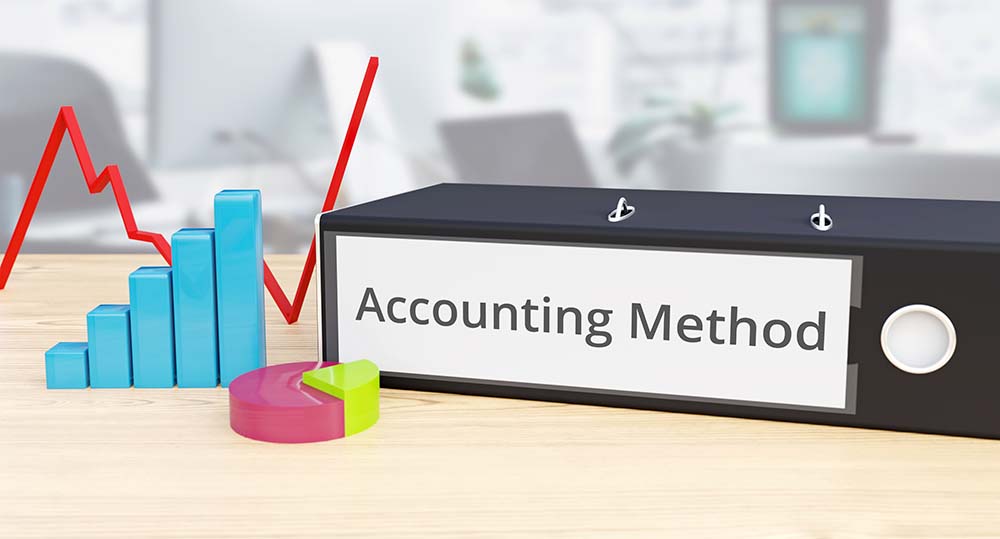Are you a small business owner struggling to keep up with your finances? One of the most important decisions you can make is choosing the right accounting method. It can be overwhelming to decide which one is best for you. But don’t worry, we’re here to help!
Understanding the different accounting methods and their advantages and disadvantages can simplify your finances so you can focus on growing your business. When it’s time to choose an accounting method, business owners have two approaches – cash basis accounting and accrual basis accounting. Let’s take a look at some of the things to consider as you make your decision.
What is cash-basis accounting?
Under the cash basis of accounting, transactions are recorded when cash is received or paid. Certain types of businesses can get the most out of this form of accounting.
- Sole proprietors and small businesses. These businesses are more likely to use cash-basis accounting, as it is straightforward and easy to use.
- Businesses operating without inventory. Cash basis accounting makes it problematic for companies that need to account for their inventory at the beginning and end of the tax year.
- Cash-only businesses. Some businesses do not accept credit or debit cards.
What is accrual-basis accounting?
Under the accrual method of accounting, rather than recording revenues and expenses when cash changes hands, revenues are recorded when earned and expenses are recorded when incurred. While it is perfectly acceptable for small businesses to use accrual-basis accounting as their primary method of accounting, it is not required. According to GAAP regulations, any business that is either publicly traded or exceeds $25 million in sales revenue over a three-year period is required to use the accrual method.
Cash-basis strengths
- Simple method that is easier to learn
- Snapshot of short-term finances
- Clear look at immediate cash flow
Cash-basis Weaknesses
- Does not provide an accurate picture of long-term business trends.
- Does not conform to GAAP (generally accepted accounting principles)
Accrual-basis strengths
- Provides you with an accurate picture of long-term financial health.
- Give a better account of current assets and liabilities.
Accrual-basis Weaknesses
- Could potentially pay income taxes on unearned income.
- Less clarity on immediate cash flow.
Because of the differences between cash-basis and accrual-basis accounting, one method may be more appropriate for your business than the other. Understanding which accounting method to use is, without a doubt, an imperative business decision. Keep in mind that you must decide which method you want to use and then be consistent when tracking your income and expenses.

